Fake It Till You Make It

by Samantha Schell
There is an epidemic permeating all of us Jiujiteiras that is a tale as old as time; imposter syndrome. We seem to always be questioning every facet of our journeys and whether or not we “deserve” the rank and responsibilities bestowed upon us from our coaches and professors at our respective academies. I don’t think a day goes by where I scroll the Jiu-Jitsu pages on social media and see someone airing out their grievances or questioning their level in this sport. It’s tough to be a woman in a combat martial art; there is no easy way around it, that’s for sure.
It can be difficult to navigate this path in a testosterone-fueled and male-dominated sport. Because of this, there are many hurdles that we must overcome, and it makes sense that this can create a lot of self-doubt and cause us to create false scenarios in our head. To elaborate further, a lot of times when we achieve a certain level of rank, we start to believe that we should be able to easily handle any one person of lesser rank. As a 5’0 tall, 120lbs female black belt who has been training for almost 11 years, I can tell you without a doubt that this simply is not true. If anyone tells you that size doesn’t matter in Jiu-Jitsu, that is a bald-faced lie. While it may not matter much when there is an exceptional large disparity in skill (i.e. the 1-stripe white belt against the 4-stripe purple), it matters greatly the closer in skill and rank
the two people are.
In fact, it was only until the more advanced stages of my purple belt years did I feel fully comfortable manhandling any person who came in off the streets, regardless of their size. This included the athletic former wrestlers and strong male weight lifters. Before then, I struggled. And even now, I know enough to not allow myself to be placed in a bottom position in which I would definitely have to work much harder in order to prevail. However, I understand that when it comes down to skill and technique, the knowledge to execute the correct movements is there, and that just because someone ‘muscles’ a move, does not make them more adequate than I nor does it denigrate my rank.
“If you trust your professors, you should know that they do not take promotions lightly, and have the experience and knowledge to know when someone is deserving and ready.”
Samantha Schell
I think the most difficult belt this was to come to terms with was when I was a fresh, young blue belt. At that point your instructor is awarding you your first new belt rank in Jiu-Jitsu, and with that comes the satisfactory and accomplished feeling that you finally know a little and understand a bit about your sport. Only to then have a target on your back with people turning up their aggression and strength when it comes to rolling with you. Now all of a sudden the 2-stripe white belt is manhandling you and gripping you exceptionally tight and it is painful and you can’t break free.
When this stuff inevitably happens, not only can it raise alarm bells in your head and get you to begin to panic a bit, but it can also be demoralizing as well. You’ve been a student a year longer than this person, so why are they able to submit you? The harsh reality is that there really isn’t such a wide berth in skill and that strength and size definitely factors in. It’s a tough pill to swallow but necessary to understand in order to keep growing in the sport.
I know that one thing that personally helped me, was watching my instructors firsthand not worry about conceding to one of their lower-ranked students. People who I admired greatly and really looked up to didn’t have an issue parting with their own ego, so why should I? If I saw someone with a lower rank get the upper hand on them, I never thought less of them or that they didn’t know as much, so why would I ever allow myself to think I am not worthy of my rank on the mats if I ever had a tough roll?
Impostor syndrome really is a difficult barrier to try to break through in all areas of our life. Sometimes, we over-scrutinize ourselves and have trouble taking a step back and seeing all that we had to do to attain this level or reach the place we are at. It’s easy to kneecap our accomplishments by thinking we got to where we are out of sympathy or by luck rather than hard work and skill. If you trust your professors, you should know that they do not take promotions lightly, and have the experience and knowledge to know when someone is deserving and ready.
There is a reason many academies point to the smaller, upper-ranked female as being one of the most proficient when it comes to technique in their academies. Just because someone of the opposite gender has infinitely more strength and can hold you down in certain positions, does not by any means imply they are better at Jiu-Jitsu. The higher in ranks that you progress, the more you can watch others grapple and pinpoint who has more technique and skill by the effortless ways they more, the more control they possess, and the calmness they exude when it comes to displaying movements.
The strong, flailing grappler always kneeing his training partners and leaving marks and bruises may “win” that roll, but it’s a shame gold medals aren’t awarded at the gym for bullying your teammates. Instead, what is awarded is the rank that your instructors know you deserve. You are winning more knowledge, more skill, and more experience every time you step on those mats. You are not an impostor and the belt you wear is not a fake. You are a hardworking, resilient, conqueror of past traumas, and badass Jiu Jiteira who has earned every bit of the ranking that you wear.

Our printed magazine is full of extraordinary women with extraordinary stories, get your printed copy via mail today >



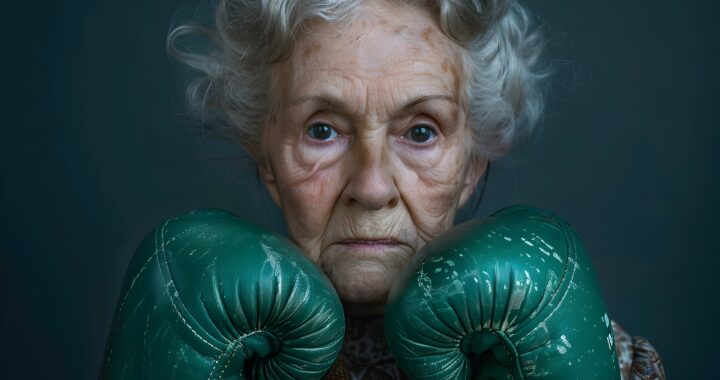 Father Time is Undefeated
Father Time is Undefeated 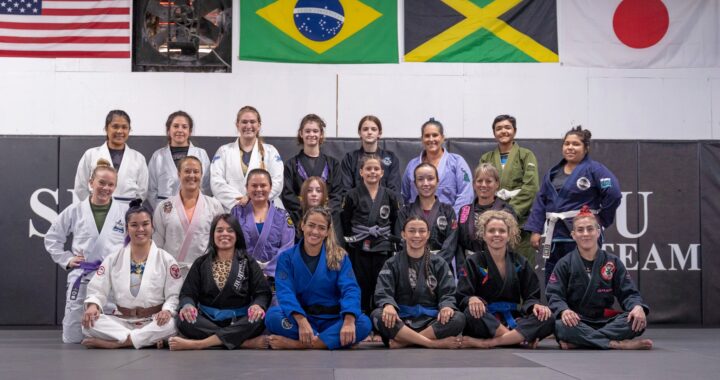 The Jiujiteira Sisterhood
The Jiujiteira Sisterhood 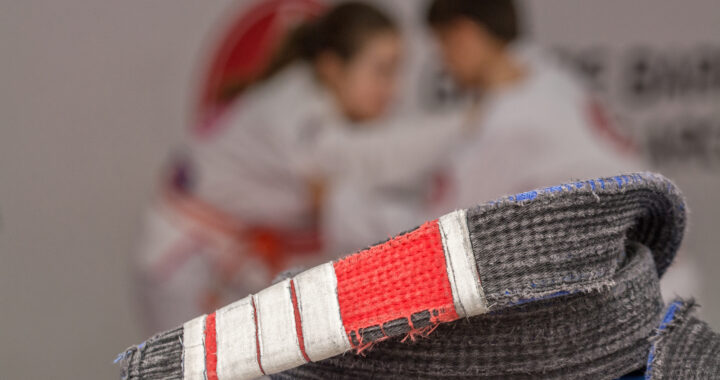 Advice in the Ranks- From White to Black
Advice in the Ranks- From White to Black  Stem Cell Therapy
Stem Cell Therapy 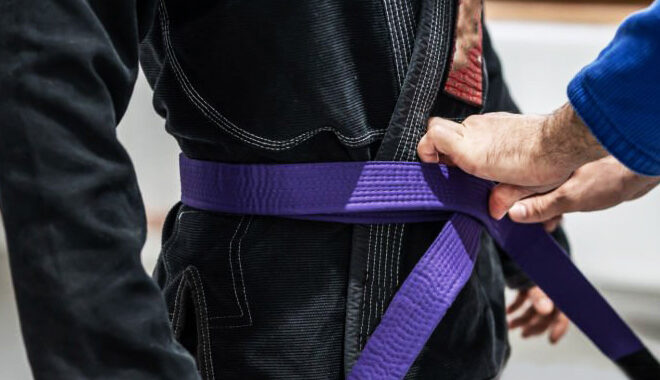 Promotions on the Fast Track
Promotions on the Fast Track 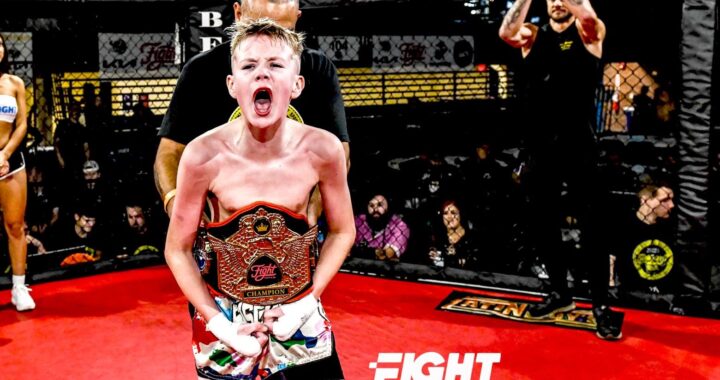 Switching Roles
Switching Roles  ADGS Rome: Jiujiteiras Shine in the Land of the Colosseum
ADGS Rome: Jiujiteiras Shine in the Land of the Colosseum